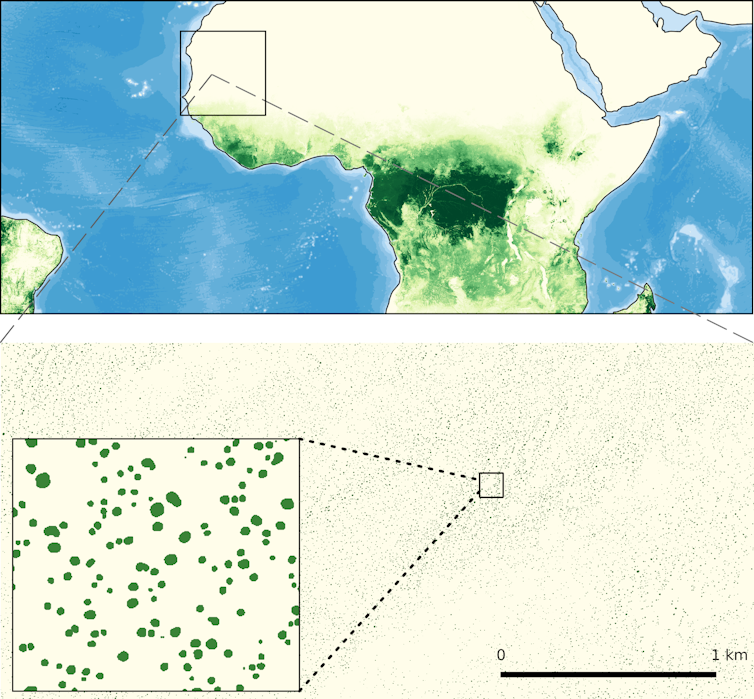Justin Sherman at Wired: “Enter the data brokerage industry, the multibillion dollar economy of selling consumers’ and citizens’ intimate details. Much of the privacy discourse has rightly pointed fingers at Facebook, Twitter, YouTube, and TikTok, which collect users’ information directly. But a far broader ecosystem of buying up, licensing, selling, and sharing data exists around those platforms. Data brokerage firms are middlemen of surveillance capitalism—purchasing, aggregating, and repackaging data from a variety of other companies, all with the aim of selling or further distributing it.
Data brokerage is a threat to democracy. Without robust national privacy safeguards, entire databases of citizen information are ready for purchase, whether to predatory loan companies, law enforcement agencies, or even malicious foreign actors. Federal privacy bills that don’t give sufficient attention to data brokerage will therefore fail to tackle an enormous portion of the data surveillance economy, and will leave civil rights, national security, and public-private boundaries vulnerable in the process.
Large data brokers—like Acxiom, CoreLogic, and Epsilon—tout the detail of their data on millions or even billions of people. CoreLogic, for instance, advertises its real estate and property information on 99.9 percent of the US population. Acxiom promotes 11,000-plus “data attributes,” from auto loan information to travel preferences, on 2.5 billion people (all to help brands connect with people “ethically,” it adds). This level of data collection and aggregation enables remarkably specific profiling.
Need to run ads targeting poor families in rural areas? Check out one data broker’s “Rural and Barely Making It” data set. Or how about racially profiling financial vulnerability? Buy another company’s “Ethnic Second-City Strugglers” data set. These are just some of the disturbing titles captured in a 2013 Senate report on the industry’s data products, which have only expanded since. Many other brokers advertise their ability to identify subgroups upon subgroups of individuals through criteria like race, gender, marital status, and income level, all sensitive characteristics that citizens likely didn’t know would end up in a database—let alone up for sale….(More)”.

